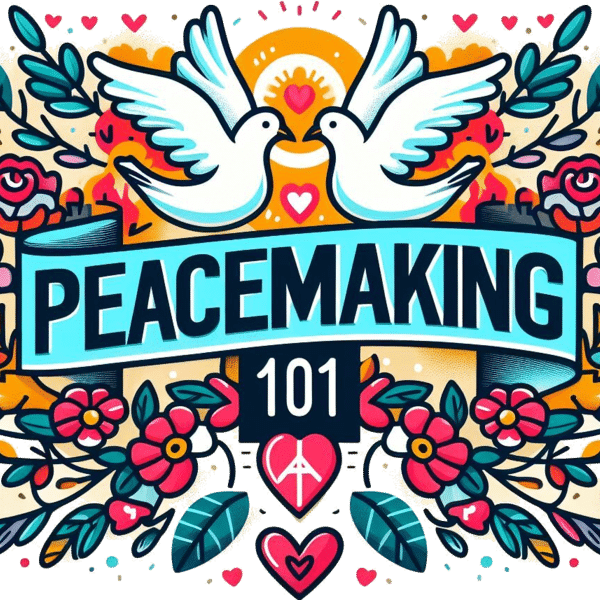Power plays a constant but often unseen role in our lives.
It shapes our interactions, influences our choices, and can even fuel conflict. But what exactly is power, and how does it work? In this insightful video, we dive into the different faces of power, exploring its definitions, components, and impact on our personal lives and relationships. We’ll examine not just how power can control others but also how it can empower ourselves. Discover key factors like self-efficacy and emotional stability that contribute to personal power, and learn how to navigate the complex dynamics of power to build stronger, more peaceful interactions. Watch now and gain the knowledge to understand and utilize power in a positive and impactful way!
Summary of “Components of Power” Video
This video script explores the concept of power and its various definitions and components. It highlights the distinction between:
- Social power (“power over”): the ability to control others through factors like wealth, skills, or social status.
- Personal power (“freedom from”): the ability to be free from the control of others.
The script also discusses different perspectives on power:
- Power to get things done: the ability to achieve goals and influence outcomes.
- Power as willingness and ability: the combination of motivation and skills needed to exert power.
- Formal vs. informal power: using established rules or leveraging personal connections to achieve goals.
Finally, the script focuses on developing personal power through four key elements:
- Self-efficacy: believing in your ability to achieve goals.
- Locus of control: internalizing responsibility for your outcomes.
- Self-esteem: having a positive sense of self-worth.
- Neuroticism: managing negative emotions and maintaining emotional stability.
Why you should watch the video:
- Gain a deeper understanding of the different aspects of power.
- Learn how power dynamics impact conflict and peacemaking.
- Discover ways to develop your own personal power.
Reflection Questions on “Components of Power” Video
- In your own experience, how have you felt the impact of “social power” and “personal power”? Can you share an example of each?
- Do you find yourself leaning more towards formal or informal power in your daily interactions? Why do you think that is?
- How would you assess your own self-efficacy, locus of control, self-esteem, and neuroticism? Do you see any areas you could improve to develop your personal power?
- Reflect on a recent conflict you experienced. How did power dynamics play a role in that situation?
- Can you think of someone you admire for their personal power? What qualities do they possess that make them powerful?
- How do you think peacemaking efforts can be impacted by understanding and utilizing power effectively?
- In the video, the concept of “power to get things done” is introduced. Are there any goals you’re currently working towards? How can you leverage your power to achieve them?
- Do you agree with the statement that “emotional people aren’t particularly well-liked by others”? Why or why not? How can emotional stability contribute to personal power?
- Imagine a world where everyone possessed a strong sense of personal power. What positive changes do you think that could bring?
- After watching this video, how has your understanding of power changed? Are there any specific actions you plan to take to utilize your power more effectively in your life?
